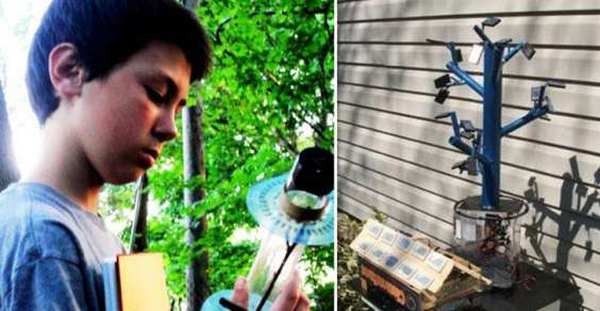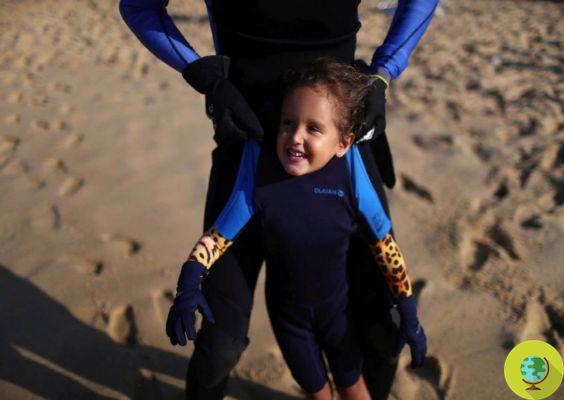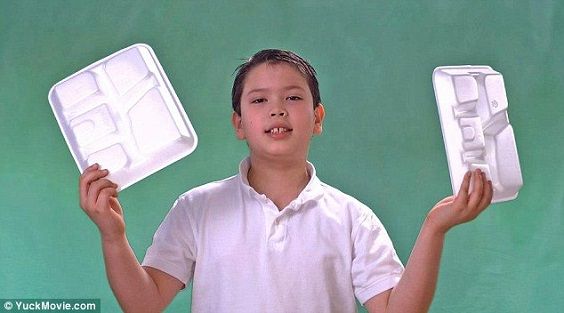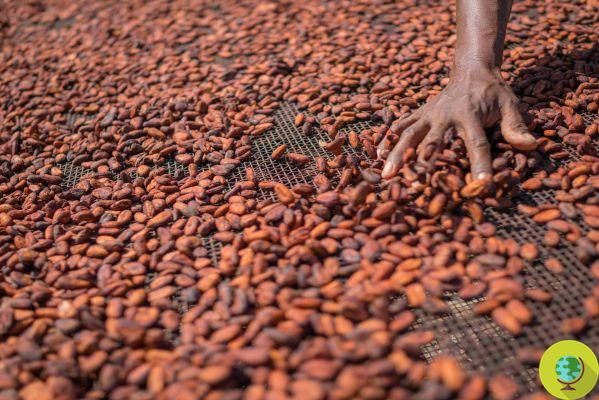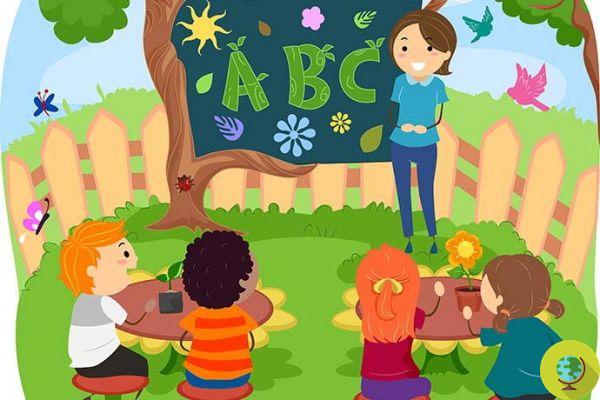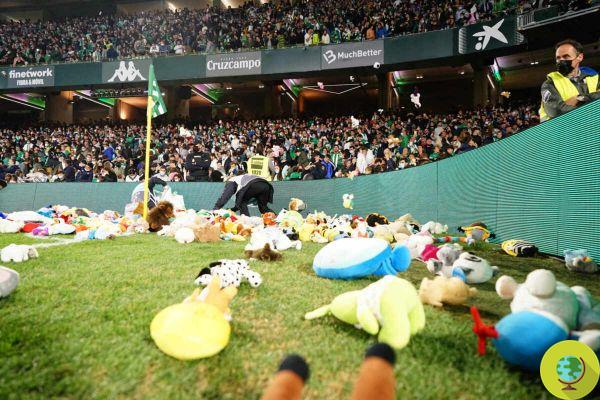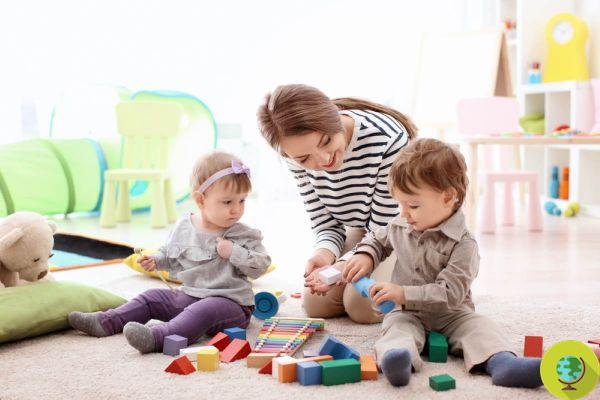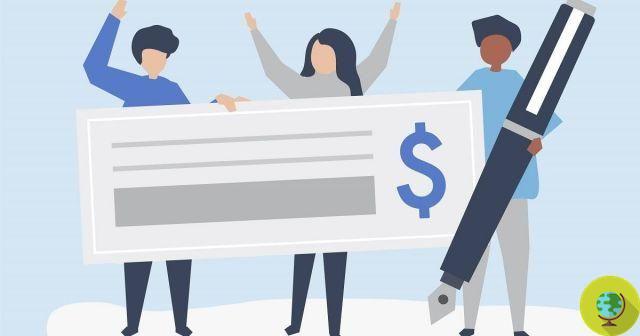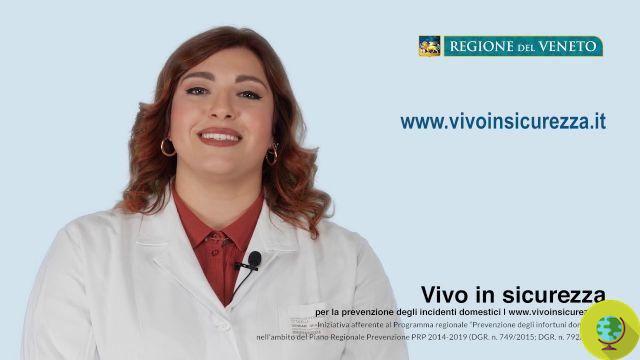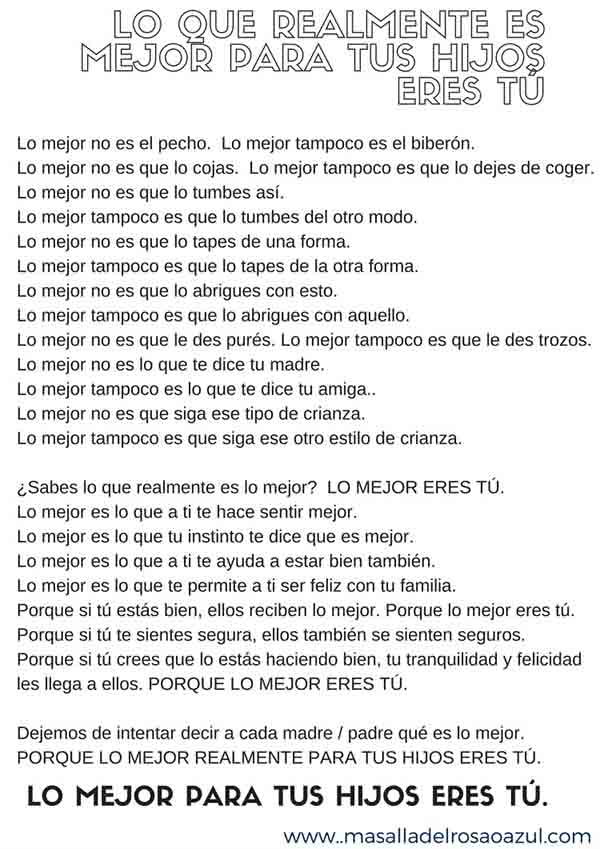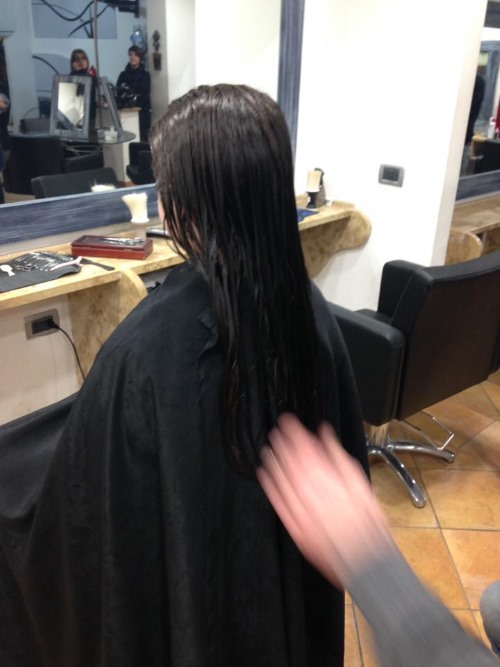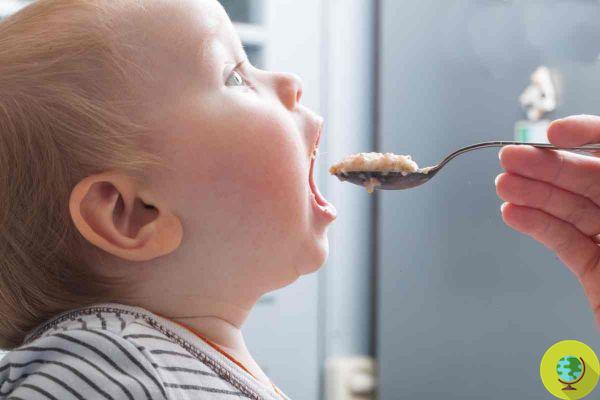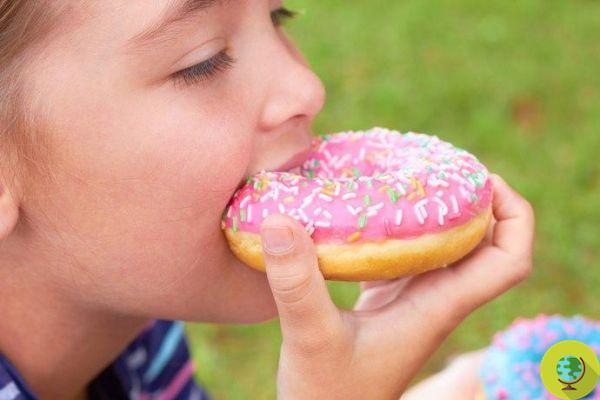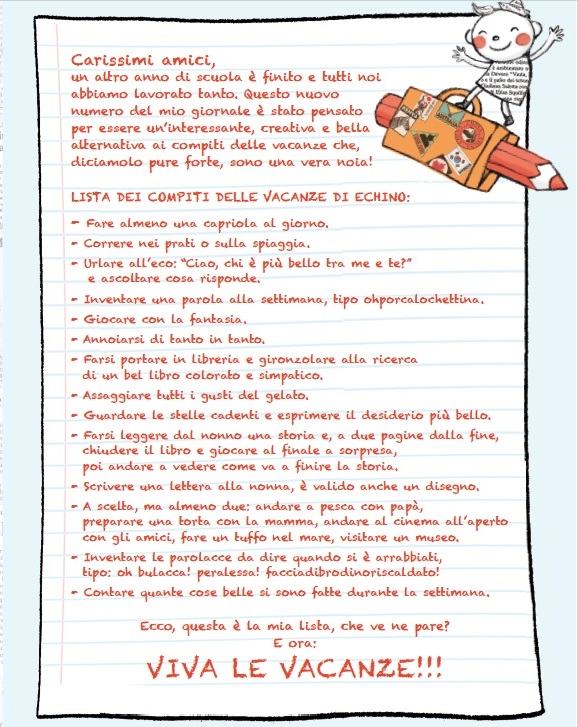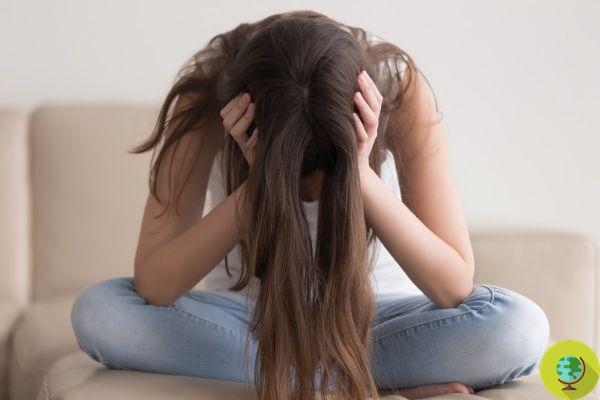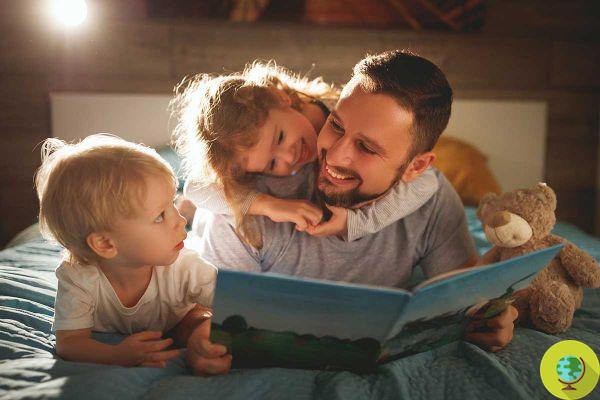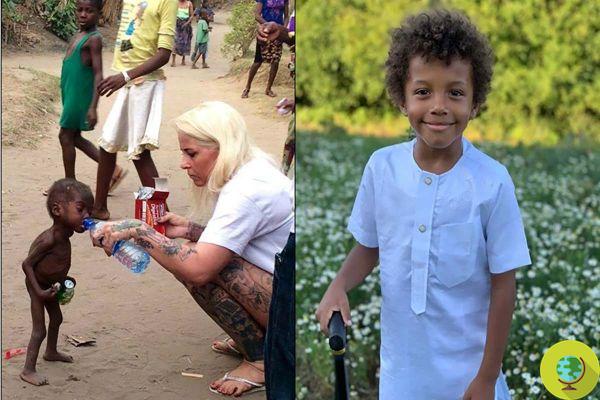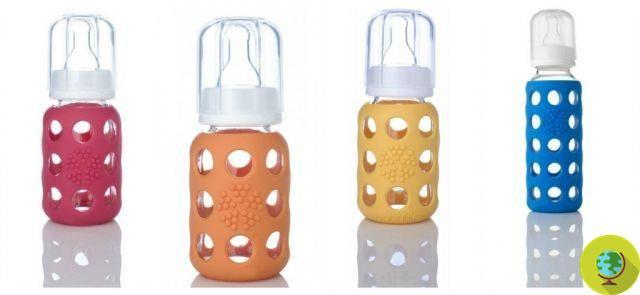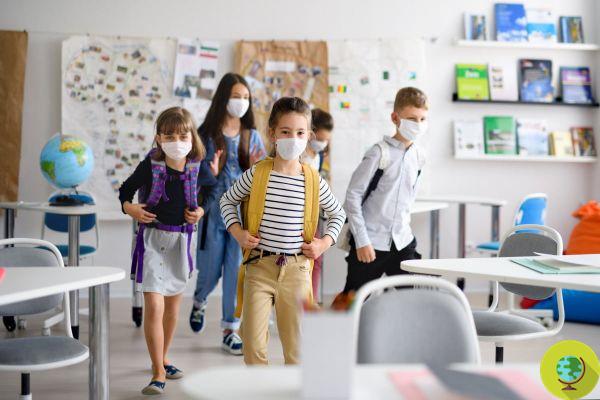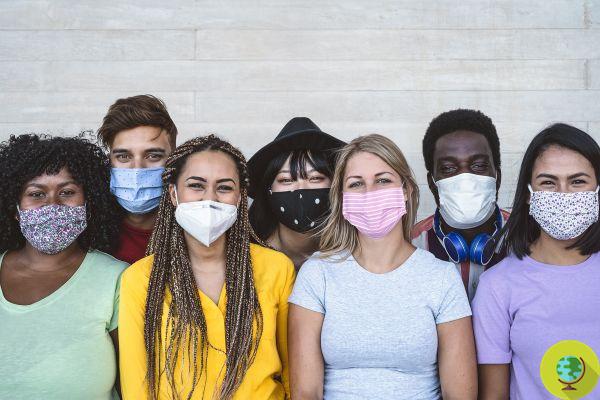
What do teens really feel? Is everything so obvious or is it right that they too have to pay the price for measures not respected?
Don't store avocado like this: it's dangerousThey go from victims to executioners in an instant: some consider adolescents to be authentic infectors, others are more sensitive to what they are going through. Because this pandemic also hits them with a harsh reality: loneliness, which at that age is amplified to a thousand. It's really like this? Or is it easier for them as many dare to say?
Are they alone? Of course. Do they need us? Now more than ever. 13, 14, 15 years, perhaps even earlier, certainly even later, is that crippled and golden age at the same time when the hands itch and the brain is in constant activity, perpetually dissatisfied.
It is the adolescents, girls and boys who now - in this precise historical phase - have a single great sadness in their hearts: an emptiness of affection and a series of shortcomings. And there are no mum and dad to keep them friends - now - they are as necessary as air.
Teenage depression was already a problem, but now the coronavirus is making matters worse
Inside their days, all the same, there is a kaleidoscope of feelings that fight each other. They too, teenagers, like it or not, must "bend" to the infamy of this time, forced as they are to have to abide by certain rules and to become a little older, a little more mature.
They, who by nature systematically turn their backs on the rules.
There are those who say that for these kids, however, everything is easier, hyper-connected as they are and certainly more "lucky" than past generations.
But is it really so? What do they really feel? Is everything so obvious or is it right, as many think, that they too have to pay the price for measures that are not always respected?
We asked Stefania Citta, psychologist and psychodiagnostic, who has to do with the boys every day and who starts from a certain fact: adolescence is in itself a delicate, fundamental and inevitable step in the life cycle, often accompanied by tensions, rebellions and conflicts, comparable to a new birth that changes, transforms, breaks and tears everything that surrounded us in childhood.
Result? In this age, personality traits are confirmed and consolidated, character nuances are defined, important bonds are strengthened, the body and sexuality are discovered. Hence the first kiss and the first caresses that have now been stopped.
“A challenging step, in short. But now imagine taking all this and depriving it of some fundamental anchor points, of the experience of the 'here and now' for example and of the direct emotional consequence; or even of the group, that microworld that makes us understand where we are but above all where we can get; but especially of the real, that skin-like sensoriality, of that non-verbal language that we have to interpret, of those moments of courage and strength that make us jump forward, of those palpitations that are our immediate reaction ”, says the doctor.
Yes, because this is the teenage world. It is a structure within a thousand structures and a thousand worlds, it is a bubble in itself, an immense and complicated universe, beautiful and difficult at the same time, in which to enter on tiptoe to "remotely" monitor what is happening.
Because that's the whole process. Teenagers are not the infectors: many, especially on social networks, try to spit poison (also) on them, not considering in the most absolute way that they are children of their time and, above all, they are our children, mirror and result of our actions (or not actions).
For them, who live practically with a smartphone in hand, have a smart TV and all the distractions they want, is it really easier to manage, self-isolate at home and contribute to the reduction of infections?
“Not exactly - the City tells us. The social and school restrictions resulting from the pandemic, the limits imposed and the virtual surplus, make it difficult to compare with peers and consequently the perception that one has of oneself and the image of oneself in the world is in some way altered. in the real ". This is to say that they too suffer: despite having the means to maintain relationships with others, what is missing is an essential physical contact.
In short, whether we want it or not, even our children can feel the effects of these decidedly difficult days and not because they are "young" they do not deserve to be understood and listened to.
“Feelings of low self-esteem, difficulties in relating with the group and at the same time a failure to consolidate those affects that characterize friendships, could be the direct consequences. The digital age has already changed the communication channels, but today we risk experiencing the world from our own room. There is a risk of favoring the consolidation of psychological discomforts which today are nuances but which then, in certain social and family conditions, can become traits of the personality structure. It is like a scaffolding that is gradually built: there are solid, resistant parts, and small parts and then a screw may be missing and only in the long term will that 'void' be noticed ".
The lockdown, the quarantine, the isolation, create surreal perceptions and very distressing moments for everyone. But for our adolescents the imbalance, which is now manifesting itself precisely in the growth paths, risks being more difficult to manage.
For the strongest kids all this will be a particularly tiring chapter to treasure one day, "but for the fragile the emotional part and all the upsets are not to be taken lightly", says Dr. Citta.
The boys are struggling with a vacuum, they are losing theirs usual daily activities, their organization and time planning, but particularly their leisure and peer group.
What should moms and dads do?
“Parents, alas, are called to contain, help and manage emotional difficulties and the massive use of electronic devices by their children. We can then to propose activities 'unusual'to be shared at a predetermined time of day, such as cooking, learning a self-taught tool, drawing, so as to transform tedium into something constructive and, why not, a new passion - says the city. Let us remember that respectful listening and dialogue are always a way of 'throwing out' something that cannot be worked out on one's own. do not hesitate to ask for help from an expert for psychological support in this regard.
“If everything is prepared in childhood, everything is played out in adolescence”, quoting the French analyst Kestenberg.
And that's right: let's stop pointing the finger at those we think are the culprits of a pandemic. Let's stop raising the tone and take it out on anyone. The kids watch us and they need us, they have expectations that we have to respond to. They have them all right, even if they pretend nothing has happened.
Read also:
Coronavirus could cause another 'epidemic' that we must avoid: depression




